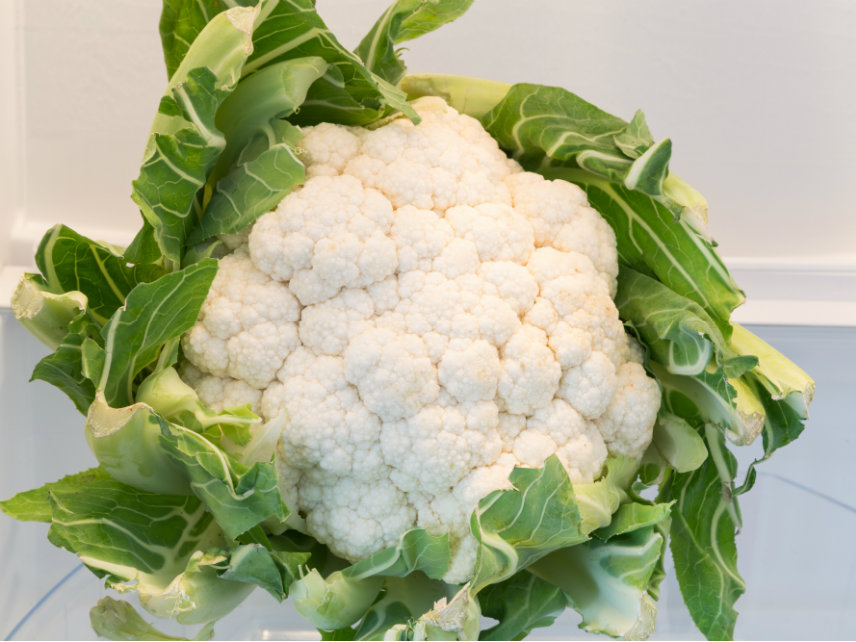Arkansas Legislature Saves Residents From Accidentally Eating Rice Made From Cauliflower
Or maybe they're just protecting the Arkansas rice industry.

Cauliflower rice is not rice—as the presence of the word "cauliflower" in the name would strongly suggest.
But lawmakers in Arkansas apparently don't trust that their constituents have a firm grasp on the English language, because this week the state became the first to ban the use of the term "cauliflower rice" to describe a product that does not contain actual rice. Manufacturers selling "cauliflower rice" in Arkansas will be subject to a $1,000 fine for each supposedly mislabeled product.
"This law only affects people who want to deceive the public about how their food originated," state Rep. David Hillman (R–Almyra) tells the Arkansas Democrat Gazette. "And if you're not trying to deceive the public, this will not affect you or any of the outlets who sell these products."
One wonders when the legislature will get around to protecting the public from the scourge of pineapples—which, shockingly, are neither pine nor apple—or peanut butter, which is not a butter and is derived from legumes, not nuts. And what are hamburgers if not an obvious attempt by the beef industry to deceive consumers into thinking they are eating patties made of salted, cured pork?
It's almost as if the Arkansas legislation isn't really about protecting consumers at all.
Indeed, the real impetus here comes from American rice growers, who are unhappy about the rising popularity of cauliflower rice as a low-carb alternative to rice made from grains. Big Rice is taking a page from the playbook of dairy farmers, who have been lobbying the Food and Drug Administration (FDA) to outlaw products that dare to put the words "soy" and "milk" next to one another.
Cauliflower rice is "a bit malicious and maybe nefarious," a spokesman for USA Rice, an industry group, told Taste magazine in 2018. The previous year, USA Rice asked the FDA to do something about the malicious and nefarious threat posed to the public by the unwitting consumption of cauliflower that's been riced.
The FDA, thankfully, has not acted on that request (although it is currently investigating soy milk and almond milk). But lawmakers in Arkansas—the state where, coincidentally, about 40 percent of all American rice is grown—seem to have been a bit more susceptible to Big Rice's protectionist pleas.
Similar laws in other states have run into legal trouble. A law passed last year in Missouri made it illegal to identify non-meat products as meat (think veggie burgers or Tofurky); now it's facing a First Amendment lawsuit. Missouri's law might reasonably be called a violation of the Eighth Amendment too, since it allows violators to be punished with up to a year in prison merely for describing a meat substitute as a substitute for meat.
Such laws are obvious government overreach. Consumers should be allowed to make their own decisions about what to purchase, and they certainly should be trusted to read the government-mandated ingredients labels if they are confused about the distinction between cauliflower and rice. The only people here who are attempting to deceive the public are the lawmakers, like Hillman, who claim that cauliflower rice is a problem requiring government action.


Show Comments (54)